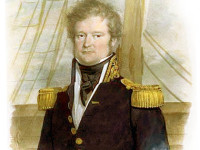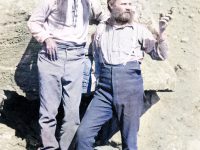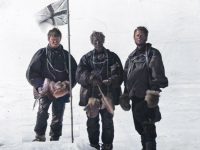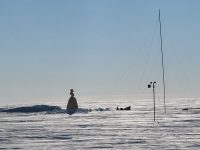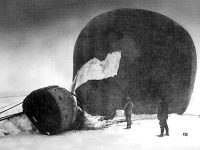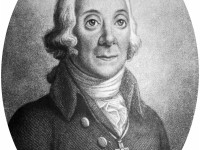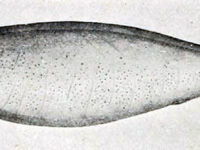Knud Rasmussen – the Father of Eskimonology
On June 7, 1879, Danish polar explorer and anthropologist Knud Johan Victor Rasmussen was born. He has been called the “father of Eskimology” and was the first European to cross the Northwest Passage by dog sled. He remains well known in Greenland, Denmark and among Canadian Inuit. Knud Rasmussen – Early Life Rasmussen was born in Ilulissat, Greenland, as one of three children of a Danish missionary, the vicar Christian Rasmussen, who had been…
Read more


